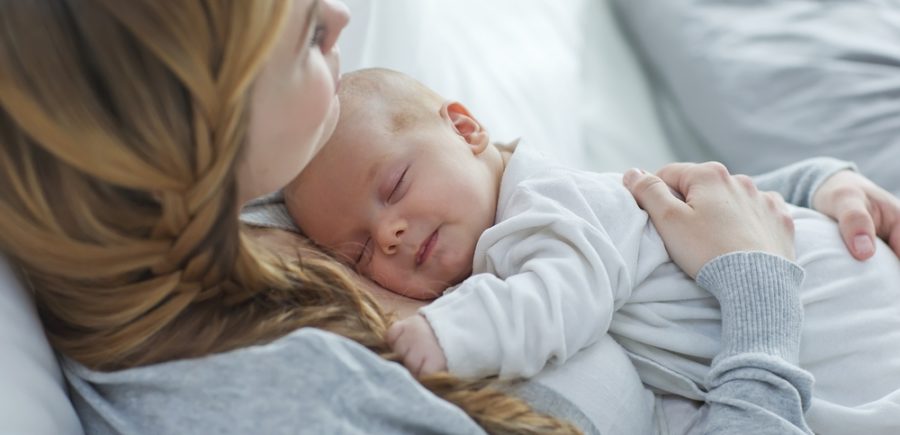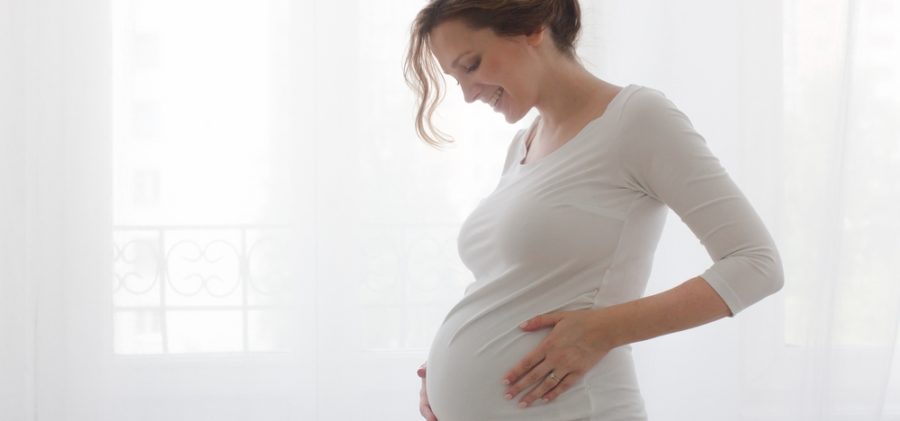
The pressure of modern life can make women delay motherhood. Either because we wish to build up our careers, need financial and/or emotional stability or live abroad for a temporary period…deciding the right time to have a baby is sometimes overwhelming. During the last decade, the number of women becoming mothers after 40 (and beyond) has tripled and Spain is one of the countries in Europe in which more first-time mothers over 40 are registered. However, even though most women decide to postpone motherhood for later in life, the truth is that unfortunately the biological clock cannot be reversed.
As the body ages, the oocytes age as well. From a biological point of view, a woman’s fertility remains intact up to the age of 27, and then begins to decrease. Then, over the age of 35, egg quality dramatically declines. From one hand, it might be more difficult to get pregnant and, from the other, if you do get pregnant, there could be more risks of miscarriage or having a child with birth defects due to the increase in maternal age. After the age of 40, the chances of getting pregnant naturally drop to 5%, and over 50% of the eggs produced present chromosomal abnormalities.
Fertility treatments and Reproductive Medicine can certainly be the best option for those women who wish to become mothers after 40. These treatments significantly increase the chances of pregnancy and the chances of having a healthy baby, free from genetic conditions due to the mother’s age. Depending on the doctor’s diagnosis, In Vitro Fertilization (IVF) is the most frequent treatment. This technique helps increase the chances of successful pregnancy, as compared with natural conception. IVF can be performed using your own eggs and either your partner or donor sperm. It may also involve the use of donor eggs. As a result, most women trying to get pregnant after 40 do not have good quality eggs and frequently choose to undergo an Egg Donation cycle, with healthy oocytes.
Fertility Preservation and Egg Freezing
Many women choose to freeze their eggs as a preventive measure when they are at the peak of their fertility and their eggs are of better quality, since they are unsure about their desire to have a child. This happens in their 20s or 30s and guarantees that the egg quality does not get affected. This way, once they feel ready, their eggs will be thawed (defrosted) to be fertilized with their partner’s sperm (or donor sperm if they decided to be single mothers) and the resulting embryo will be transferred to the intended mother.







